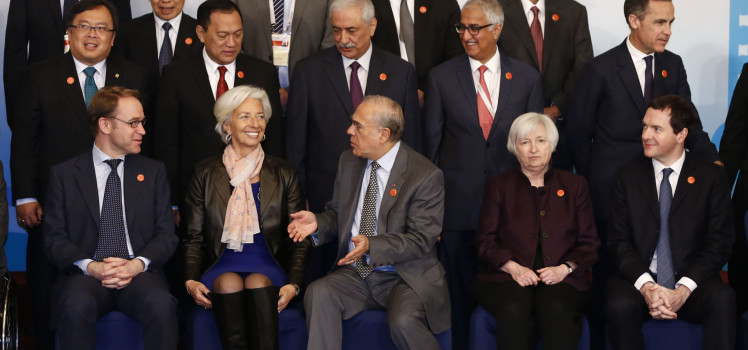Hungary has come through the financial crisis as somewhat of an unusual success story. As the country entered the Great Recession saddled by the largest external debt burden in the European region, its bonds, equity markets and currencies took a major hit which lasted years. Hungary became the country that analysts loved to hate, as the poor economic outlook was…
Category Archives Global Economics
Brazil is a macroeconomic and political hot mess at the moment, experiencing a deep recession and a political quagmire reaching to the Presidency. Despite this, after a horrendous performance in 2015, Brazil’s currency the real performed best in the world for the first quarter of 2016 surging over 10% against the US dollar, and both equity and debt markets rallied…
Japan represents an anomaly among the world’s economies, and while its economic characteristics haven’t changed much over the last few decades, the performance of its various asset markets has definitely gone through major gyrations. The economy is unique in that it has barely grown for decades, suffers from an aging population and poor demographics, and has had near zero inflation…
By some measures, Spain has emerged from the crisis in the Eurozone, and by others, it still has a long way to go. Spain gained global notoriety in the midst of the Euro crisis as the country’s debt ratios (debt to GDP) more than doubled from 40% in 2008 to around 90% in 2013 as the government decided to rescue…
China’s leaders just wrapped up their annual National People’s Congress meeting, where policy, economic, market and domestic objectives are solidified in order to create a five-year plan. While the plan covers many areas, analysts globally tend to focus on the economic growth rate that leaders plan to deliver. This year, Premier Li claimed China will grow between 6.5-7%, and signaled…
In the U.S., it feels like spring has finally sprung this last week, along with hopes that the bottom in oil (and stock market) prices is finally behind us. But is it time to buy? There are very clear reasons why oil has bounced hard so far this month, but it is less obvious that these factors are permanent. Looking…
Officials from the G20 – the group of twenty of the arguably most economically significant countries in the world – meet twice a year to discuss important global issues and to suggest possible policy responses. For financial markets, these events are often observed but are typically of little consequence to investors; by the time governments get around to meeting and…
If you live in the United States, chances are you won’t be seeing negative interest rates at your local bank, at least for the foreseeable future. However, citizens in Europe and Japan face a real possibility of facing negative rates at their bank branches, as central banks in nine large countries have now set key rates below zero. Meanwhile, negative…
In just 15 trading days, oil prices have managed to plunge another 20%, after a fall of 29% in 2015 and 44% in 2014. While markets took these drops in stride in the past few years, something seems different about the volatile plunge so far in 2016. Why are oil prices so low? And why are the world’s asset markets…
When I think of all the mayhem that is currently Chinese markets, I picture the old Dutch proverb about the boy who sticks his finger in the leaking hole of a dam, only to be besieged by more holes bursting through. In my analogy, the surging water represents the Chinese economy, and the dam represents the central government’s mass of…











